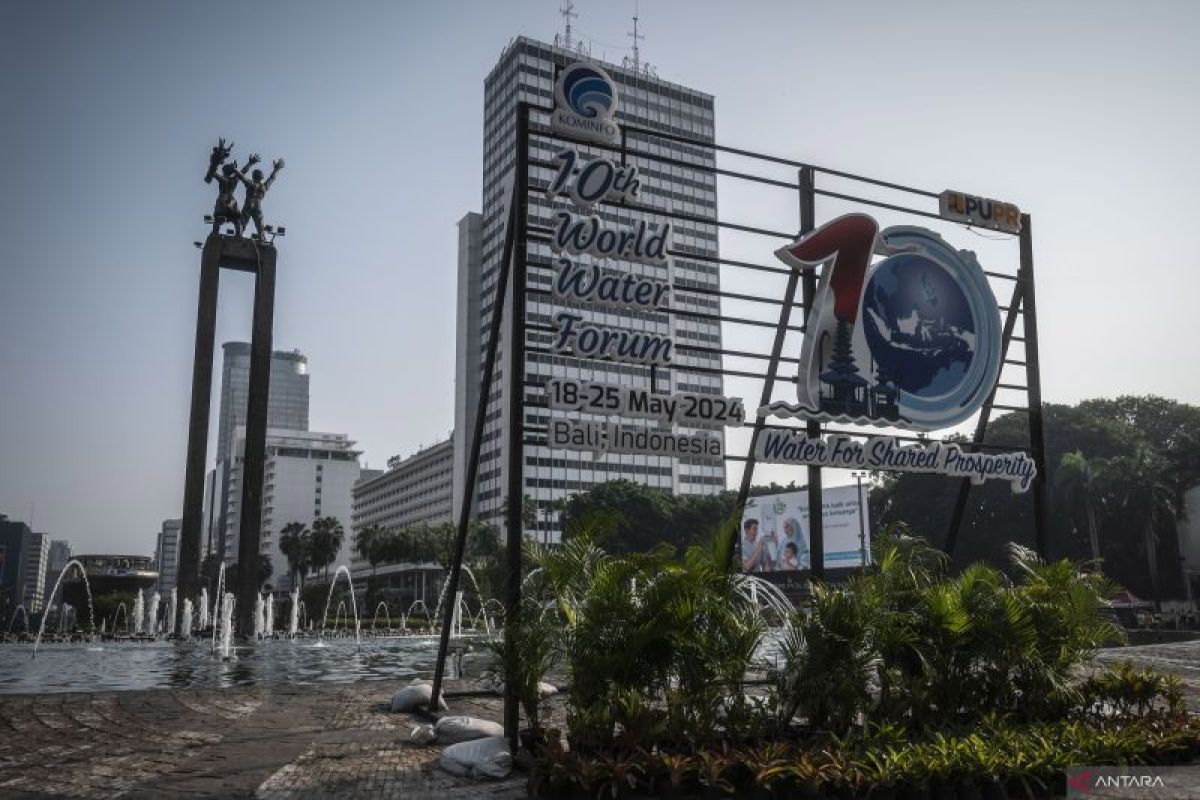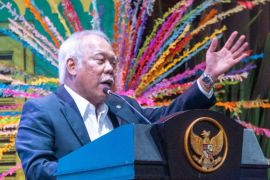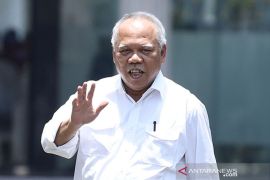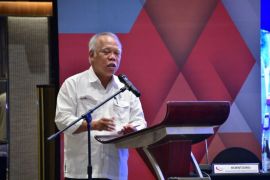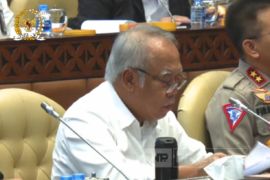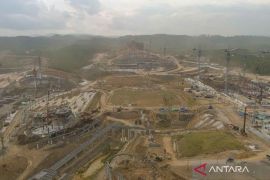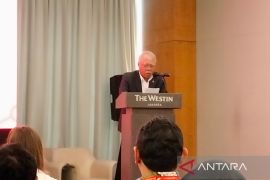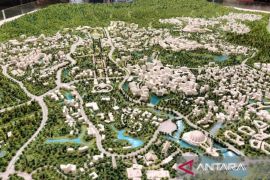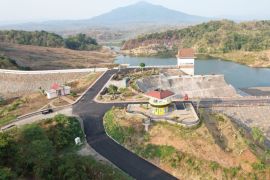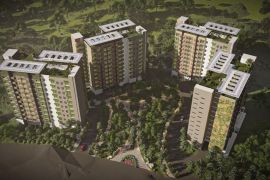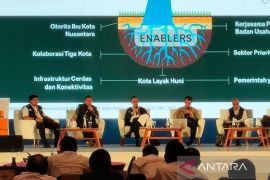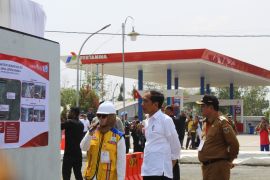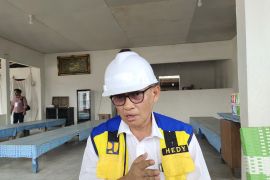"At the forum, we can further explore, learn, and develop the role of weather forecast to deal with extreme climates," he remarked on Saturday.
Ali made the statement when asked about WWF's role in helping Indonesia to mitigate the impact of extreme weather on domestic food security.
He noted that weather and climate are predictable phenomena, unlike earthquakes which cannot be predicted when it will occur and how strong it will be.
Hence, he expressed hope that study in data management and development in weather forecast would help Indonesia to anticipate extreme climates and mitigate impacts in the community.
Related news: Hydrometeorological information system can serve as model in WWF: BMKG
In order to provide a forum for various countries to exchange ideas, Indonesia is proposing the development of a center of excellence or best practices for water and climate resilience called the Center of Excellence on Water and Climate Resilience (COE).
“Indonesia has the facilities and infrastructures. We need international collaboration and support from donor countries," he remarked.
Earlier, Expert Staff to PUPR Minister for Technology, Industry, and the Environment, Endra S. Atmawidjaja, stated that Indonesia would propose the establishment of a COE at the 2024 WWF to deal with water management due to climate change.
He then highlighted the existence of the Sabo Training Center in Sleman District, Yogyakarta, which could become part of the COE in future.
With the development of the Sabo Training Center, Atmawidjaja believes Yogyakarta can accommodate Southern countries to learn water management and climate resilience.
Related news: Indonesia expects WWF to build political consensus on climate change
Translator: Putu Indah S, Resinta Sulistiyandari
Editor: Yuni Arisandy Sinaga
Copyright © ANTARA 2024
